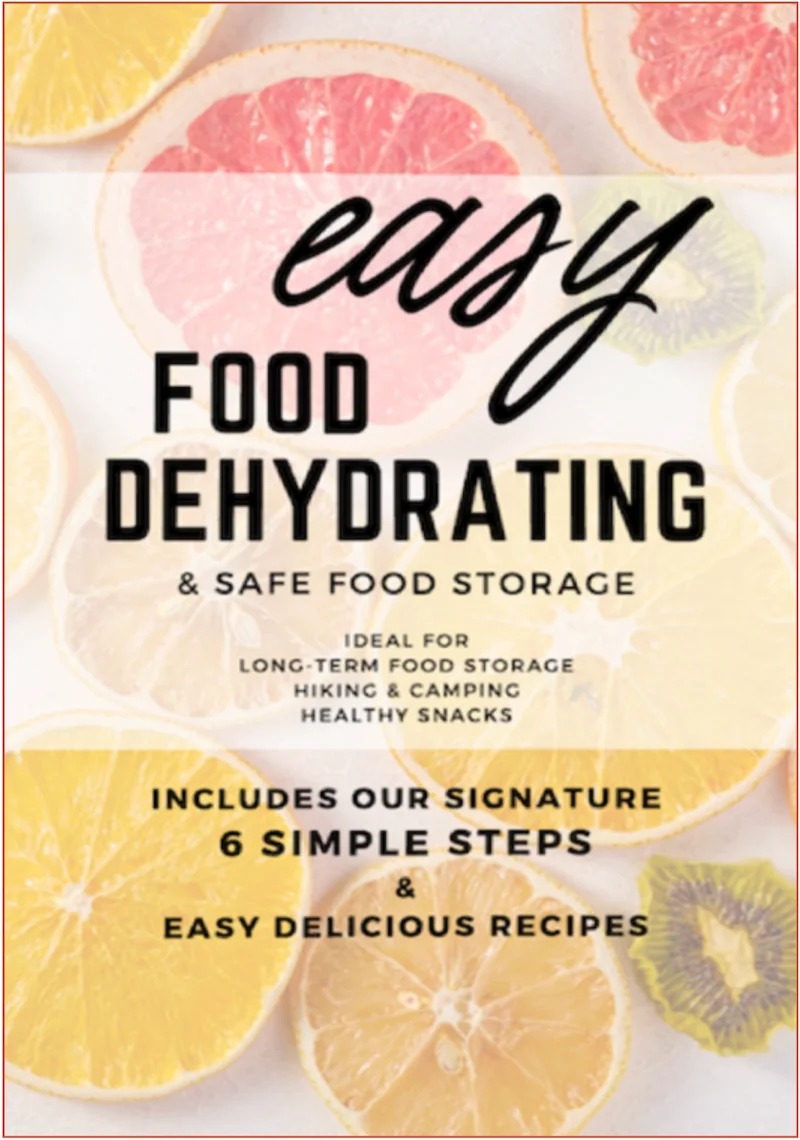What We Mean by “Dehydrate”
Here at Easy Food Dehydrating, “dehydrate” always means using an electric food dehydrator — the easy, reliable way to dry food at home.
- Home
- Articles On How To Dehydrate Food Safely
- Build a Recycled Greenhouse: Reuse Old Windows Like a Pro
Build a Recycled Greenhouse
Using Old Windows: Bev’s DIY Guide

Looking for an affordable way to garden year-round without splurging on a pricey greenhouse kit? One of the best solutions is to build a recycled greenhouse using old windows, doors, and salvaged wood. Not only does it save money, but it also keeps useful materials out of the landfill while giving you a thriving growing space.
✅ Quick Answer: Can you build a recycled greenhouse?
Yes. You can build a recycled greenhouse by reusing old windows, doors, and lumber to create walls, a roof, and shelves. This budget-friendly method provides an eco-smart growing space while saving money and reducing waste.
Bev, a creative gardener, turned the unused space beneath her deck into a beautiful recycled greenhouse built almost entirely from salvaged materials. Her project proves that you don’t need a big budget—or a big footprint—to grow fresh food all year long.
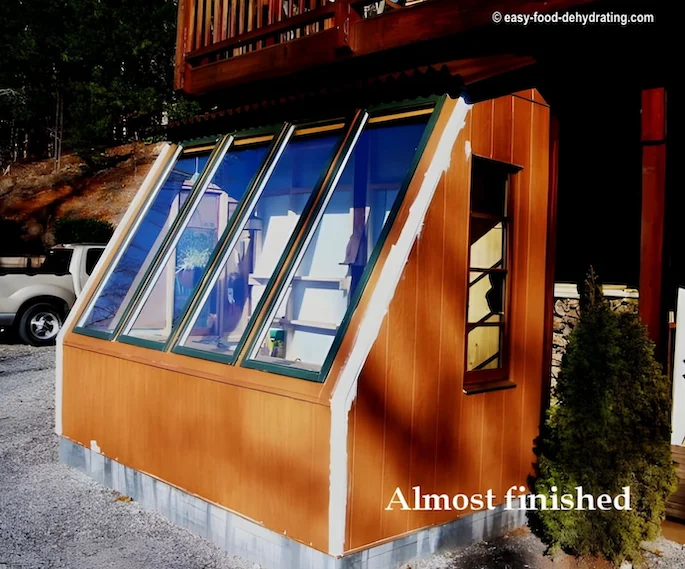
From Dead Space to Greenhouse: How Bev Built Under Her Deck
Bev started her "build a recycled greenhouse" project in October of 2011, and it took around two months. She adds "more like a month to build really, as we had time out, due to sickness and a trip."
She says: "Here is my recycled greenhouse/potting shed. I built four bins, two on top, and two underneath, for potting mixtures."
Clever Bin Design: Winter Lettuce & Spinach Made Easy
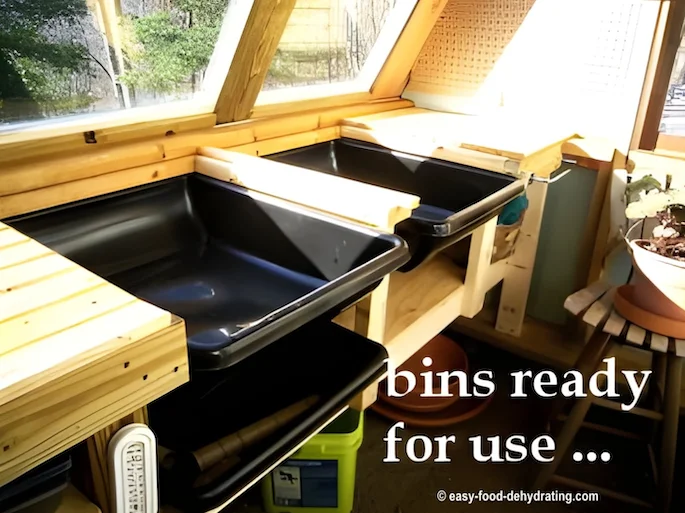
Bev says, "The two top ones have removable covers, so in the winter I can just plant lettuce and spinach right in them!
All the counters are slatted boards. I did start some broccoli and cabbage and a few are starting to come up in pots.
"Can't wait to get them outside so they can get some real sun! I've just stained the counters and need to apply spa varnish before I start to work out there. Onions will be next!
I do those by seed so I need to start them early ... I did them in the spring last year so they are still out in the garden growing!"
DIY Lessons Learned: The Truth About Recycled Builds
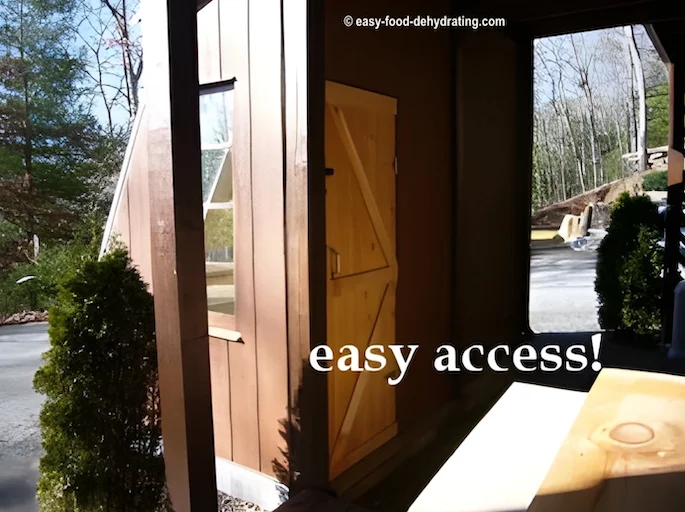
According to Bev, to make her recycled greenhouse it was a case of "measure twice and cut three times!" (I know how *that* goes!) :-) and claims that they're total newbies at DIY stuff (though I can't tell—just look at these great photos!)—just a bit of touch-up paint/stain, and the job's a good 'un! :-)
The greenhouse was built around the recycled windows—but the rest of the stuff was from Lowe's.
The siding is called LP SmartSide Paneling—pressed-wood pieces on one side, and molded to look like paneling on the other side. The panels come pre-primed and ready to be painted!
Bev put up pegboard on the walls, very handy for hanging tools.
Seedling Showcase: What’s Thriving Inside Bev’s Greenhouse
I asked Bev what she would grow in her recycled greenhouse.
She told me, "I have all my seedlings here; tomatoes, peppers, squash of all kinds; herbs and some flowers—and eggplant!
I had my broccoli, cabbage, and Swiss chard started in there, but they are now outside."
Master Gardener Secrets: Bev’s Best Tips Revealed
It's vitally important to know what you're doing. Bev decided she would take classes and get her Master Gardener certification.
The course started February 2nd, and finished on April 19th—and Bev's now a proud Master Gardener! I asked Bev what's the best thing she learned from the Master Gardener classes.
Her response: "We had some great hands-on classes about pruning fruit trees and smaller fruits like grapes, blueberries, and raspberries.
We also learned about Companion Planting or Farm Scaping which means planting certain veg and/or flowers next to certain vegetables to repel or attract good bugs and bad bugs... as well as rotating your veggies with plants that are not within the same family.
Kind of an organic type of pest control."
Beyond Her Yard: How Bev Shares Knowledge & Produce
I posed this question to Bev next: Will you use the Master Gardener Certification for your own use, or do you think you'll use it in another capacity?
Bev: "Mostly for my own use, but I am also helping start a community garden for some folks I know and plan to do some volunteer work for Jackson and Swain County (in North Carolina).
"We need to continue to put in 20- to 40 hours a year of training and volunteer work to keep our certification."
Step Inside: A Visual Tour of Bev’s Greenhouse
Check out Bev's shallow shelves - they're great for storing flower pots.
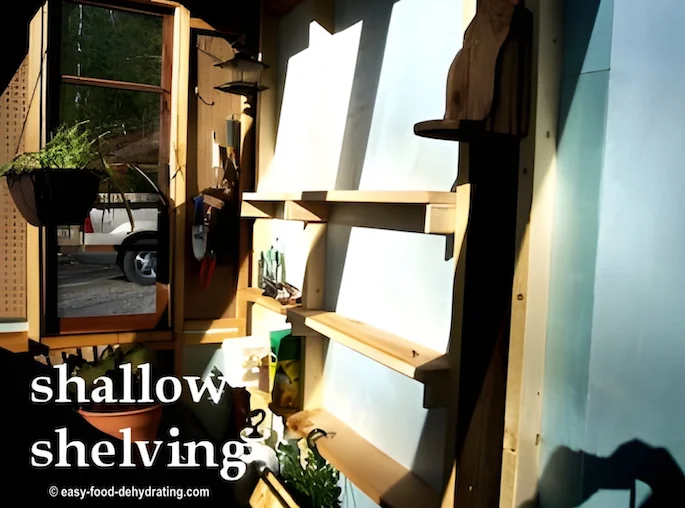
Volunteer to Maintain Certification
Wow, I certainly didn't know you had to do volunteer work to maintain certification! You learn something new every day ;-)
To be honest, I've never met such a hard-working lady—not only does
Bev do all this, but she's a top-notch Realtor too!
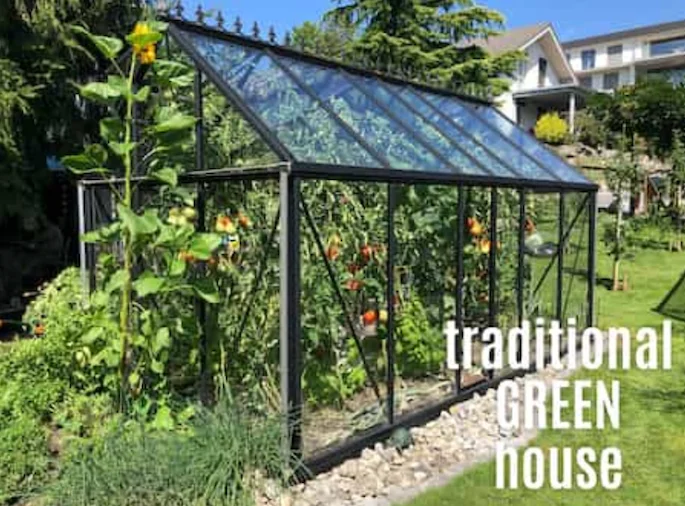 Courtesy of Canva - Registered User
Courtesy of Canva - Registered User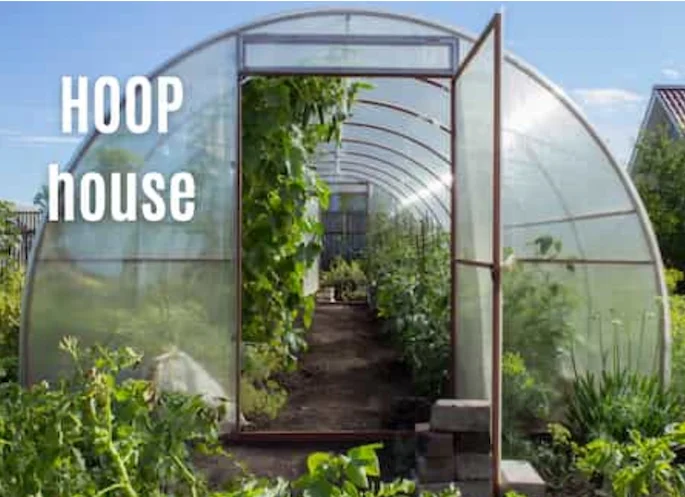 Courtesy of Canva - Registered User
Courtesy of Canva - Registered UserCheck out this source for Hoop Greenhouse Kits!
If you've ever watched Homestead Rescue, then you'll know that Misty is a big fan of hoop greenhouses!
Hey, before you leave, don't forget to pick up your free eBook called "How to Grow and Dehydrate Herbs" here!
Smart Greenhouse Tips Every DIY Builder Should Know
- Choose a location for the greenhouse that gets plenty of sunlight.
- Make sure the location has level ground and is well-drained.
- Choose a greenhouse kit that is easy to assemble.
- Follow the instructions carefully when assembling the greenhouse.
- Ventilate the greenhouse regularly to prevent the build-up of heat and humidity.
- Insulate the greenhouse to keep the heat in during the winter and the cool in during the summer.
- Water the plants inside the greenhouse regularly.
- Fertilize the plants inside the greenhouse regularly.
- Prune the plants inside the greenhouse regularly to promote growth.
Feeling inspired to build your own recycled greenhouse? Whether you're working with old windows, doors, or deck space, just remember: it doesn't have to be perfect to be productive. Start small, grow what you love, and don’t be afraid to get creative — your garden (and pantry) will thank you!
FAQs: Recycled Greenhouses & DIY Growing Tips
What materials can I safely reuse for a greenhouse?
What materials can I safely reuse for a greenhouse?
Old windows, untreated wood, and solid doors work best. Avoid materials with lead paint, mold, or structural damage.
Can I grow food year-round in a recycled greenhouse?
Can I grow food year-round in a recycled greenhouse?
Yes, with proper insulation and heating (like thermal mass or small heaters), you can grow cool-weather crops even in winter.
How do I stop a recycled greenhouse from overheating?
How do I stop a recycled greenhouse from overheating?
Add vents or propped windows for airflow, and consider shade cloth in hot climates.
Also, evaporative coolers work well, but natural shade and cross-ventilation can be surprisingly effective and low-cost.
In cooler weather, what is the best way to heat a greenhouse?
In cooler weather, what is the best way to heat a greenhouse?
Propane heaters are popular for reliable warmth, but solar-powered options are growing in popularity for energy savings.
Do recycled greenhouses last as long as kits?
Do recycled greenhouses last as long as kits?
With good construction and regular maintenance, many recycled greenhouses last 10+ years.
Are greenhouse kits easy to erect?
Are greenhouse kits easy to erect?
Yes, most greenhouse kits are easy to erect. The average person can usually have a kit assembled in a few hours.
Ready to Build Your Own Recycled Greenhouse?
Feeling inspired to start your own recycled greenhouse? Whether you’re working with old windows, scrap lumber, or simply a bit of creativity, remember that your garden doesn’t have to be perfect—it just has to grow what you love.
And before you go, be sure to grab your free 5 Dried Food Recipes You'll Actually Love PDF below. Inside you’ll find my favorites—like hearty carrot soup, spicy beef jerky, and even banana cinnamon rolls—that make the most of your harvests.
Get 5 Dried Food Recipes You'll Actually Love
Here's where you can get your copy of our all new
5 Dried Food Recipes (That Actually Taste Great)
They're my all-time favorite easy dried food meals!
Get it here right now.
For Free!
Before You Go...
If you enjoyed this page, tap the ❤️ in the lower right-hand corner.
It saves this page to your Grow bookmarks so you can find it again later.
You’ll also see quick share buttons to copy the link, post to Facebook,
or save it straight to Pinterest.











